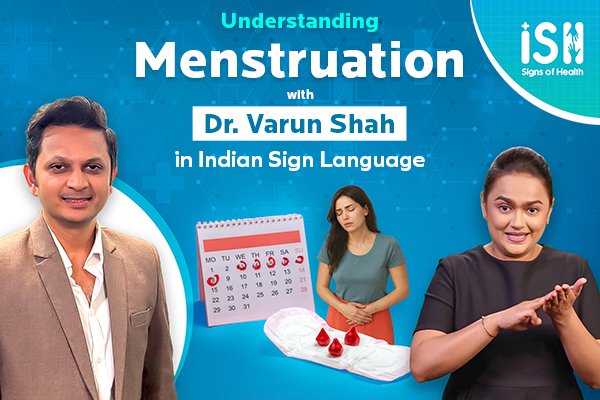World Suicide Prevention Day
Since 2003, the World Suicide Prevention Day is observed annually on September 10th. Watch our latest video to learn all about it.
On June 14, India especially Bollywood fans got the shocking news of the death of Sushant Singh Rajput. An actor who in a very short time had garnered a huge fan base had allegedly died of suicide. The incident sparked a huge debate about mental health and suicide in the country with many people equating suicides with weakness. Other celebrities that committed suicide were Jiah Khan, Cafe Coffee Day founder VG Siddhartha and many others. Since 2003, the World Suicide Prevention Day is observed annually on September 10th. It is organized by the International Association for Suicide Prevention (IASP) in collaboration with the World Health Organisation (WHO) and the World Federation for Mental Health (WFMH). WHO has reported that around 8,00,00 people die each year, due to suicide i.e. 1 death every 40 seconds. According to the data released by the National Crime Records Bureau (NCRB), in India in 2019 an average of 381 deaths by suicide was recorded daily. The total fatalities by suicide were 1,39,123 and an increase of 3.4 percent was observed in 2019 as compared to 2018. It also said that for every 100 suicide deaths, 70.2 were male and 29.8 females.
Numerous factors such as financial distress, personal loss, the pressure to conform, can overwhelm and push an individual to take an extreme step. Some researchers also say that there might be a genetic link to suicide. With the pandemic, there is an increased focus on mental health as work from home and lockdown took a toll on people. Many have reported feeling depressed and frustrated. If you are feeling depressed and have suicidal thoughts or know someone who does, then these steps can help:
It's important to reach out - Don't hesitate to ask for help in dealing with your feelings and problems. Ask help from your friends, family or even consult a doctor or psychologist.
Don’t ignore signs- Feeling of hopelessness, worthlessness, isolation, agitation, a family history of mental illness, underlying psychiatric issues such as clinical depression, are some of the factors that can make a person more susceptible to suicidal tendencies. So if you do any of this, take action and ask for help to overcome it. Don’t keep suffering.
Depression does not mean you are weak- Depression is a mental illness and not a yardstick to measure a person's strength. A person requires proper medical intervention and support to deal with it, rather than just motivational speeches.
If you notice any behavioural change in your loved ones, you should talk to them. Be a good listener as it will help them reduce stress and tension. Don’t just tell them to be positive and ignore their feelings. Encourage them to talk to professionals like doctors.







